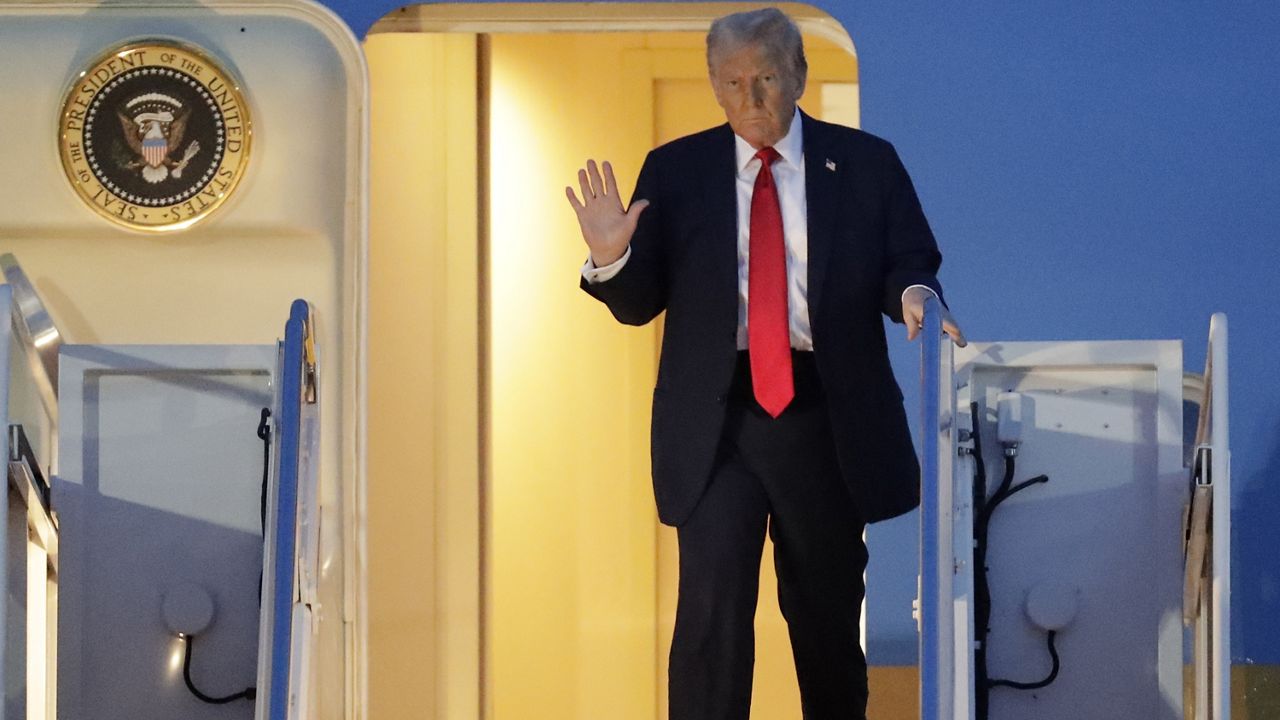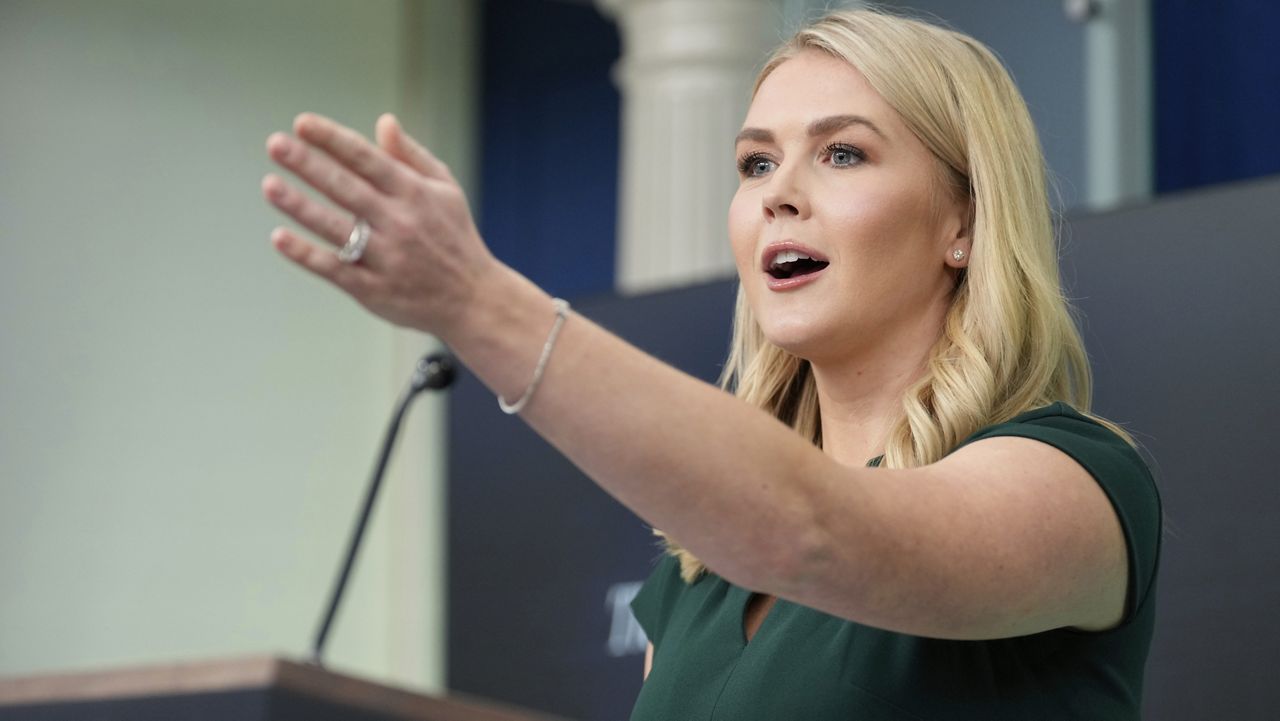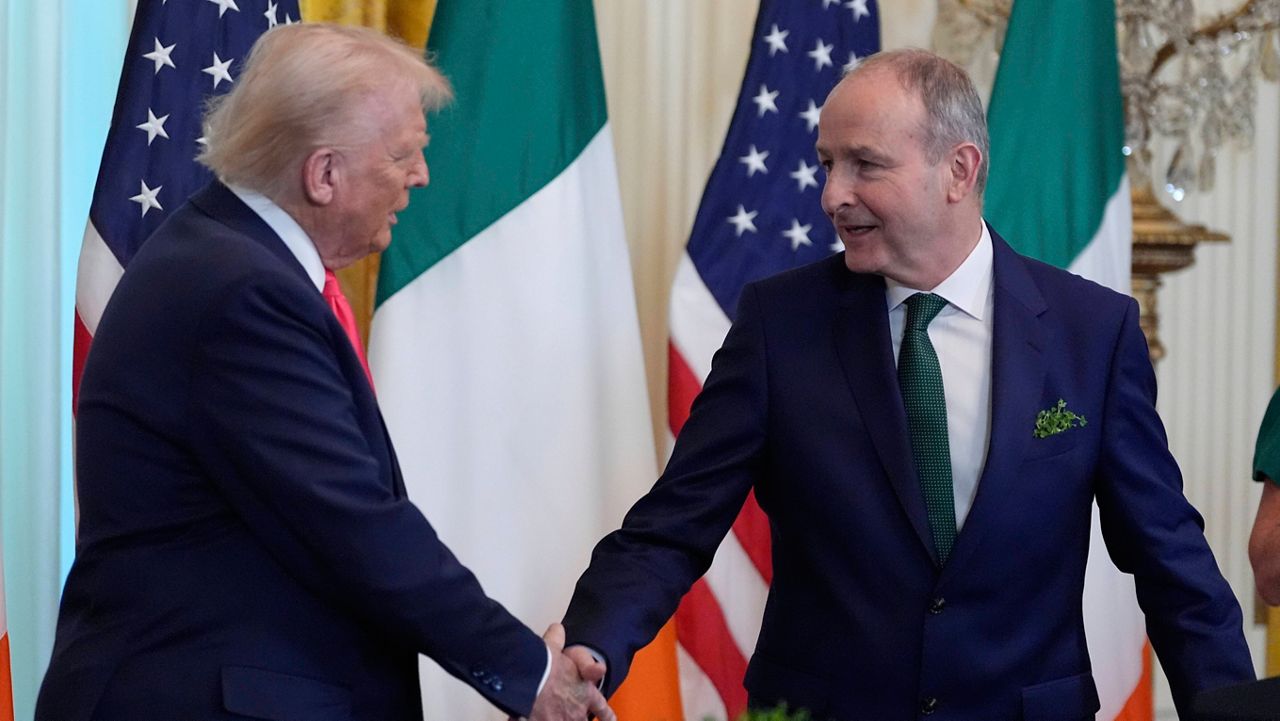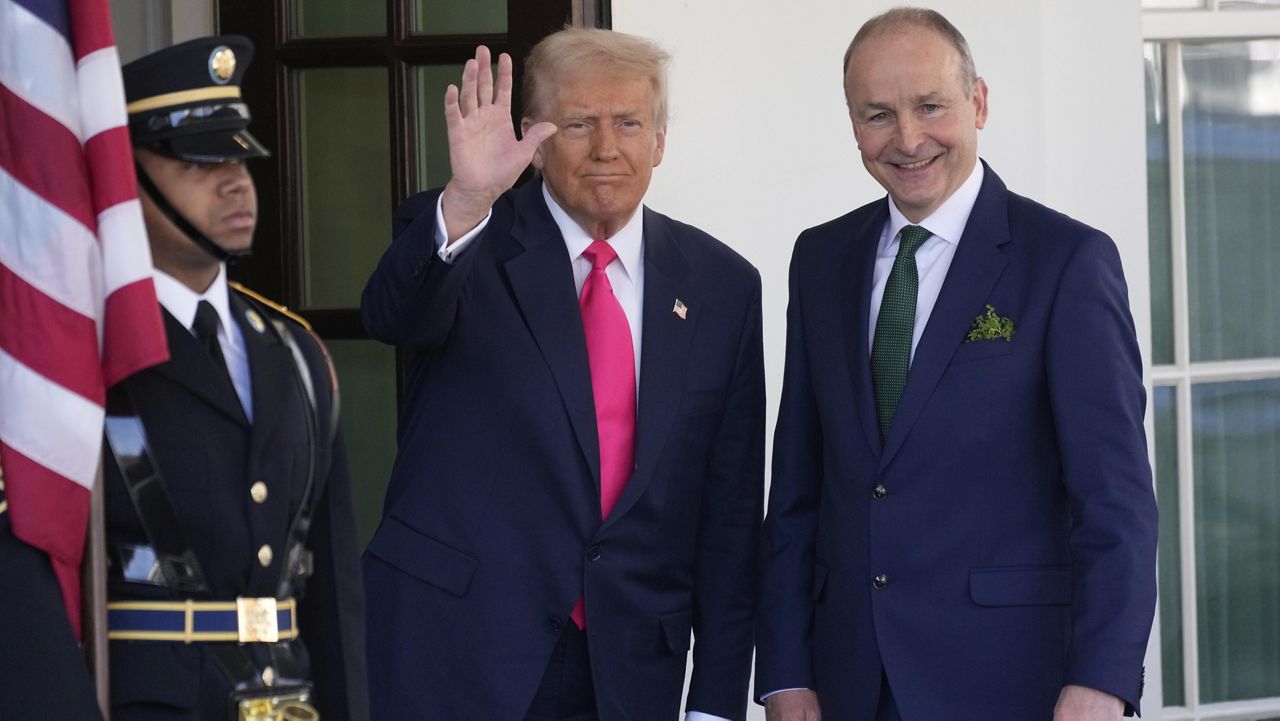In his opening bid to put his leadership on the global stage on full display over the next two days, President Joe Biden declared it the United States’ duty “to lead this critical moment” while addressing the U.N. General Assembly in New York on Tuesday.
The president – a former chair of the Senate Foreign Relations committee who proclaimed a return to traditional norms of diplomacy when he took office – sought to stress the importance of international cooperation, partnerships and alliances
“We know our future is bound to yours. Let me repeat that again: we know our future is bound to yours,” Biden said on Tuesday. “And no nation can meet the challenges of today alone.”
It was a sentiment he carried over into his message on Ukraine as Russia’s invasion of the country stretches past a year and a half. The president warned world leaders that no country present can feel secure that they are protected if they “abandon the core principles of the United States to appease an aggressor.”
“If we allow Ukraine to be carved up, is the independence of any nation secure?” Biden asked. “I’d respectfully suggest the answer is no.”
Ukrainian President Volodymyr Zelenskyy is scheduled to travel to Washington for a sit-down at the White House on Thursday as well as a stop on Capitol Hill as some House Republicans question additional U.S. aid to the worn-torn country.
The first section of the president’s address focused on the need for countries to come together on the climate crisis and support infrastructure and development in low- and middle-income countries.
Biden drew on his meeting with the leader of Vietnam just over a week ago to make the case that “adversaries can become partners” with leadership and effort.
“Overwhelming challenges can be resolved and deep wounds can heal,” Biden said.
He pointed to recent extreme weather around the globe to push urgency on the climate issue.
“We see it everywhere: record breaking heatwaves in the United States and China, wildfires ravaging North America and southern Europe, a fifth year of drought in the Horn of Africa, tragic, tragic flooding in Libya,” he said. “These snapshots tell the urgent story of what awaits us if we fail to reduce our dependence on fossil fuels and begin to climate proof the world.”
Biden mentioned his goal of reforming the World Bank to make it better at responding to the needs of developing countries – a large focus of his trip to the Group of 20 summit in India with the world’s largest economies earlier this month.
The president on Tuesday brought up that in August, he asked Congress to approve an additional $3.3 billion for the institution, which the White House hopes will result in $25 billion worth of loans that can be given to lower- and middle-income countries.
“The multilateral development banks are among the best tools we have for mobilizing transparent, high-quality investment in developing countries,” Biden said. “Reforming these institutions can be a game changer.”
In the request for the extra funds for the World Bank, the White House stressed the importance of the funding as a counter to lending by China.
Despite Chinese leader Xi Jinping sitting out the U.N. General Assembly, Biden on Tuesday specifically addressed America’s relationship with the country. In a bid to be – as Biden put it – “clear and consistent,” the president reiterated what we have recently heard from him and his administration often when it comes to China: They welcome the competition between the two countries while working to make sure it doesn’t boil over into conflict.
“None of these partnerships are about containing any country,” Biden said, appearing to reference comments from top Chinese officials that the U.S. is trying to do just that.
Also on Tuesday, Biden is meeting with United Nations Secretary-General António Guterres and will participate in the first-ever summit with the presidents of five Central Asian nations before hosting the traditional reception with leaders in the evening.
On Wednesday, Biden will sit down with Brazilian President Luiz Inácio Lula da Silva and take part in an event with labor leaders from both nations.
Later will come the president’s first face-to-face meeting with Israel's Benjamin Netanyahu since the prime minister returned to office late last year.
Along with Xi, Russia’s Vladimir Putin, France’s Emmanuel Macron and the U.K.’s Rishi Sunak are also skipping this year’s event.









